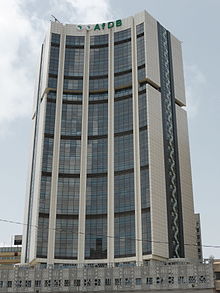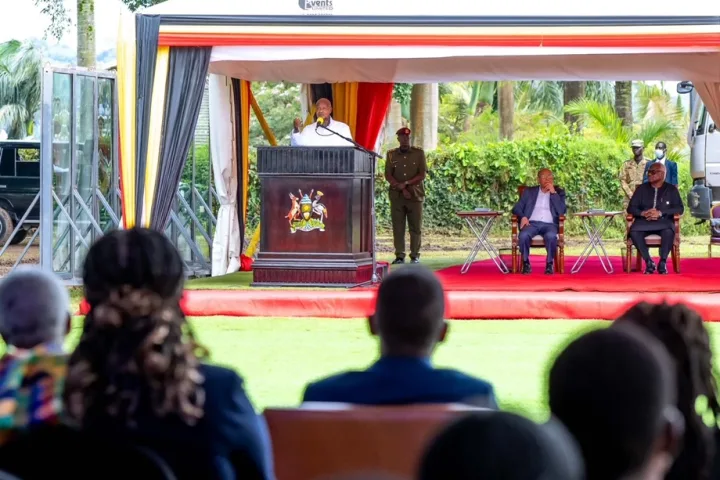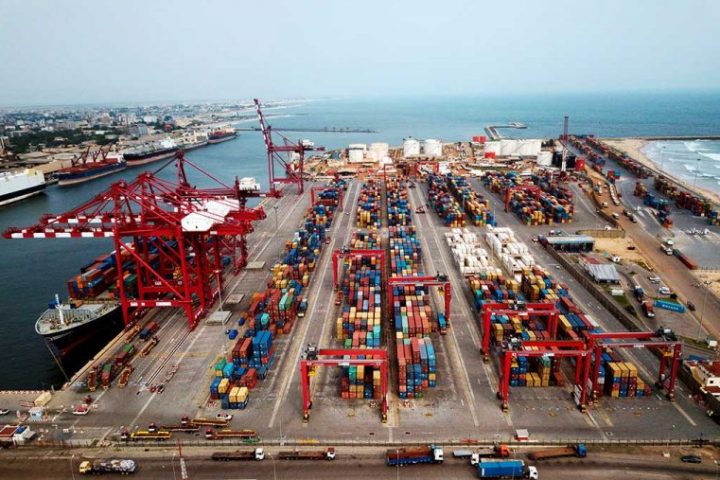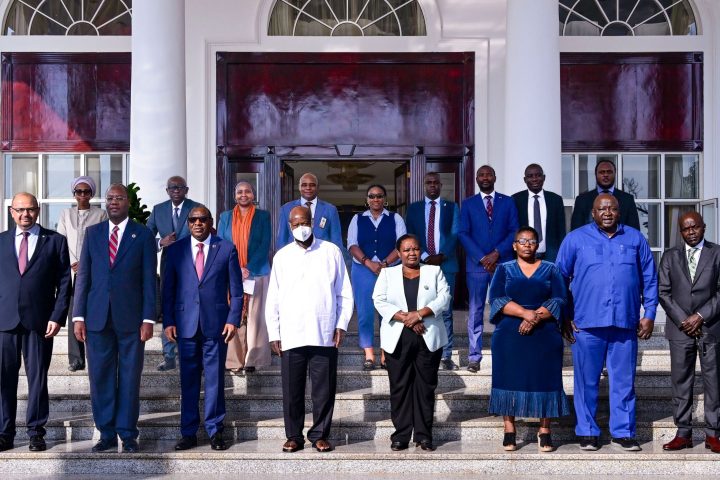AfDB’s Commitment to Boost Lagos Healthcare Sector
The African Development Bank (AfDB) has expressed its commitment to supporting Lagos State in improving its healthcare system to reduce Nigeria’s reliance on medical tourism. At least $2.4 trillion is being lost annually in global Gross Domestic Product (GDP) due to citizens seeking medical care abroad, with Nigeria losing $1 billion every month. AfDB’s efforts aim to address these losses, which have major impacts on the economy.
The Head of AfDB’s Mission to Nigeria, Mr. Babatunde Omilani, disclosed this during a courtesy visit to the Lagos State Governor, Mr. Babajide Sanwo-Olu, at the Lagos House, Marina. Omilani emphasised the bank’s dedication to helping Lagos transition into a 21st-century economy by strengthening its health sector.
Join our WhatsApp Channel“We are here to contribute to your work in transforming Lagos into a 21st-century economy,” said Omilani. “Health is crucial because it can actually double the economic productivity of any economy.”
The Impact of Medical Tourism on Nigeria
Omilani highlighted that Nigeria loses $1 billion monthly to medical tourism. This trend, which sees citizens seeking healthcare outside the country, places immense strain on the country’s economy. He stressed the importance of addressing the gaps in Nigeria’s health sector to reverse these financial losses.
READ ALSO: AfDB To Match Italy’s $150m Funding For African Development
AfDB is keen on collaborating with Lagos State to tackle this issue. “We have been in Lagos for the past 10 days studying the health sector, visiting all the state medical facilities, and identifying the challenges,” said Omilani. “Our strategy at the bank on health aligns with what Lagos is doing to boost its economy and improve healthcare services.”
AfDB’s Strategy and Technical Assistance
During the visit, Omilani assured the Lagos governor that AfDB is ready to provide technical assistance and concessional financing to bridge funding gaps in the health sector. “We are here to support your leadership and what you are doing to transform the health sector of Lagos,” Omilani noted.
The bank has already conducted in-depth analyses, in collaboration with the World Health Organisation (WHO), to understand the economic impacts of poor healthcare investments in Africa. According to Omilani, the analysis revealed that Africa is losing $2.4 trillion annually in GDP because of insufficient healthcare investments. He further noted that with a nominal GDP of around $2.6 trillion per year, Africa could potentially double its economic productivity if these healthcare challenges are addressed.
Reducing Medical Tourism Through Healthcare Investments
AfDB’s focus on healthcare investments is seen as a key way to improve economic productivity in Lagos and across Nigeria. By addressing the gaps in local healthcare, the need for Nigerians to seek medical treatment abroad will diminish, reducing the strain on the national economy.
Sanwo-Olu, in response to AfDB’s support, expressed optimism about the collaboration, emphasising that improving healthcare infrastructure is a top priority for the state. He mentioned that reducing the reliance on foreign medical care is vital for Nigeria’s future economic health.
AfDB’s involvement will not only assist Lagos in modernising its healthcare but also help the country retain a significant portion of the funds currently lost to medical tourism. This, in turn, will have a ripple effect on boosting Nigeria’s GDP, increasing the quality of life, and fostering local healthcare development.
Emmanuel Ochayi is a journalist. He is a graduate of the University of Lagos, School of first choice and the nations pride. Emmanuel is keen on exploring writing angles in different areas, including Business, climate change, politics, Education, and others.



















Follow Us